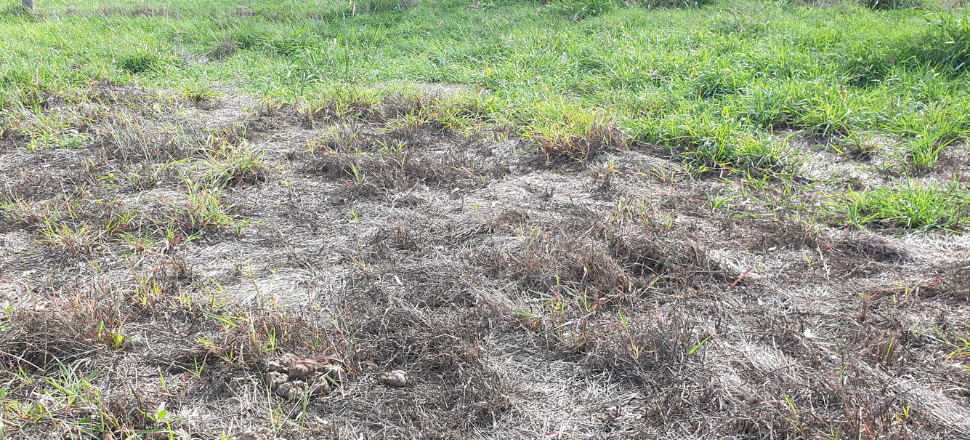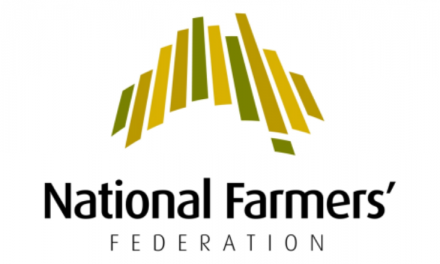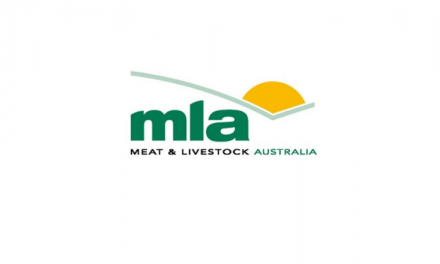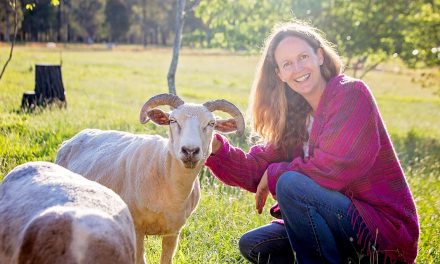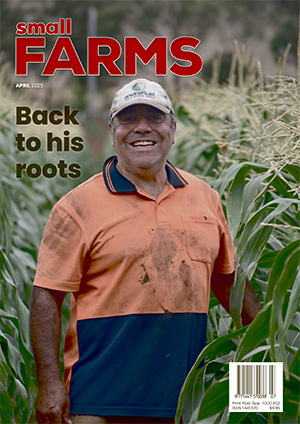Local graziers have been advised by the NSW Department of Primary Industries (DPI) to be on the lookout for pasture dieback.
NSW DPI research scientist Suzanne Boschma, said NSW producers should be aware of the spread and impact of pasture dieback which has affected large areas of sown and native summer-growing grasses in Queensland.
“Pasture dieback was first seen in Central Queensland before spreading to the far north and south of the state – it kills grass pastures, reducing productivity,” Dr Boschma said.
“The first suspected case in NSW was reported this autumn and we are monitoring the site.
“Grasses only are affected, with symptoms including yellowing, reddening and purpling of leaves before the plants eventually die.
“The best time to look for symptoms in summer grasses is following significant rainfall, when the plants are actively growing.
“Dieback symptoms are similar to those of stressed plants and it is important to first rule out other causes, including moisture stress, fertility and herbicide damage.”
NSW DPI pasture development officer, Sarah Baker, said following solid biosecurity precautions is the first step to protecting pasture from dieback.
“Come clean and go clean, instruct workers and visitors to follow your farm hygiene requirements, source hay and seed with certification or a known status from reputable suppliers, monitor pastures regularly and keep records,” Ms Baker said.
“There are reports of dieback being spread by hay in Queensland and we advise producers to buy hay from dieback-free areas or hay produced from dieback resistant crops, such as lucerne, store and feed fodder in consistent locations and monitor these areas regularly.”
Pasture dieback is a complex issue and ongoing research is exploring the cause of the condition to better inform management strategies.
Researchers are investigating the involvement of a mealy bug, Heliococcus near summervillei, which spends most of its lifecycle underground making it difficult to control.
Suspected symptoms of pasture dieback in NSW should be reported to the Exotic Plant Pest hotline 1800 084 881.
Pasture dieback information is available from the NSW DPI website. https://www.dpi.nsw.gov.au/agriculture/pastures-and-rangelands/establishment-mgmt/pests-and-diseases/pasture-dieback

